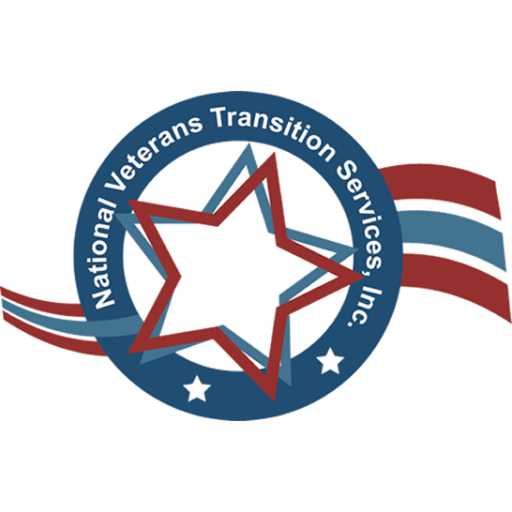(NAVY TIMES 23 FEB 12) … Rick Maze
A key lawmaker concerned about jobs for veterans proposes to strip all veterans’ employment and rehabilitation programs from the Labor Department and instead place them in the Veterans Affairs Department, where they might get more attention.
That proposal, from Rep. Jeff Miller, R-Fla., the House Veterans’ Affairs Committee chairman, will be discussed at a March 8 hearing and is scheduled for a committee vote by the end of March.
About 250 federal workers and an annual budget of about $261 million are involved. Miller’s proposal, which he introduced Feb. 17 as a bill, HR 4072, would not immediately save any money or result in anyone losing their job. The entire Veterans Employment and Training Service would be transferred from the Labor Department to the Veterans Benefits Administration in VA.
In a statement, Miller said the proposal would consolidate veterans programs in one agency, a move he believes will improve services. “This bill aims to get more of our veterans back to work by placing under one roof all the services that the federal government offers to unemployed veterans,” Miller said. “By doing that, we will increase coordination between the various education, rehabilitation and employment programs whose goals are to enable veterans to compete in the workforce. “It is also my hope that we will increase our outreach efforts to veterans who are currently unemployed,” said Miller, one of the chief sponsors of the Vow to Hire Heroes Act that was signed into law in November.
“By streamlining these programs, we ensure veterans use their benefits [in ways] that help them achieve their career goals. These programs are far too important, at both the federal level and state level, and we must put them where we believe they will work best,” Miller said in the statement.
VETS, as the current Labor Department organization is known, has a wide portfolio, including leading transition assistance classes and workshops for current service members who are about to separate or retire, providing grants for state specialists in veterans employment, overseeing training programs for homeless veterans, and running a program to enroll disabled veterans in vocational rehabilitation programs.
VETS also is the government arm responsible for the Uniformed Services Employment and Re-employment Rights Act, with counselors and investigators to help with complaints about employment discrimination. It also advises federal agencies and veteran applicants about federal veterans’ hiring preferences.
At the moment, there is no similar legislation in the Senate, leaving doubt about whether Miller’s bill has any chance of success.
In addition to that bill, the House Veterans’ Affairs Committee also is considering less far-reaching legislation to have some transition assistance workshops and classes held at off-base locations so that people without current military ID cards, or who live far from installations, would have a chance to attend.
Rep. Marlin Stutzman, R-Ind., chairman of the veterans’ affairs committee’s economic opportunity panel, proposes that transition training be provided off base under a three-year pilot program in states that have higher-than-average unemployment rates for veterans.
This would allow transition classes to be held at locations that are convenient for National Guard and reserve members who are not routinely included in on-base transition classes. It would also allow veterans who have not yet found jobs to take transition classes without having problems getting back onto base if they lack military identification.
Stutzman said his bill, HR 4072, “will fill what appears to be a big gap in transitioning from military service to civilian status.”
There is no cost associated with the bill. Instructors for classes would be people already providing transition training and the locations for the classes would be government or community facilities.

